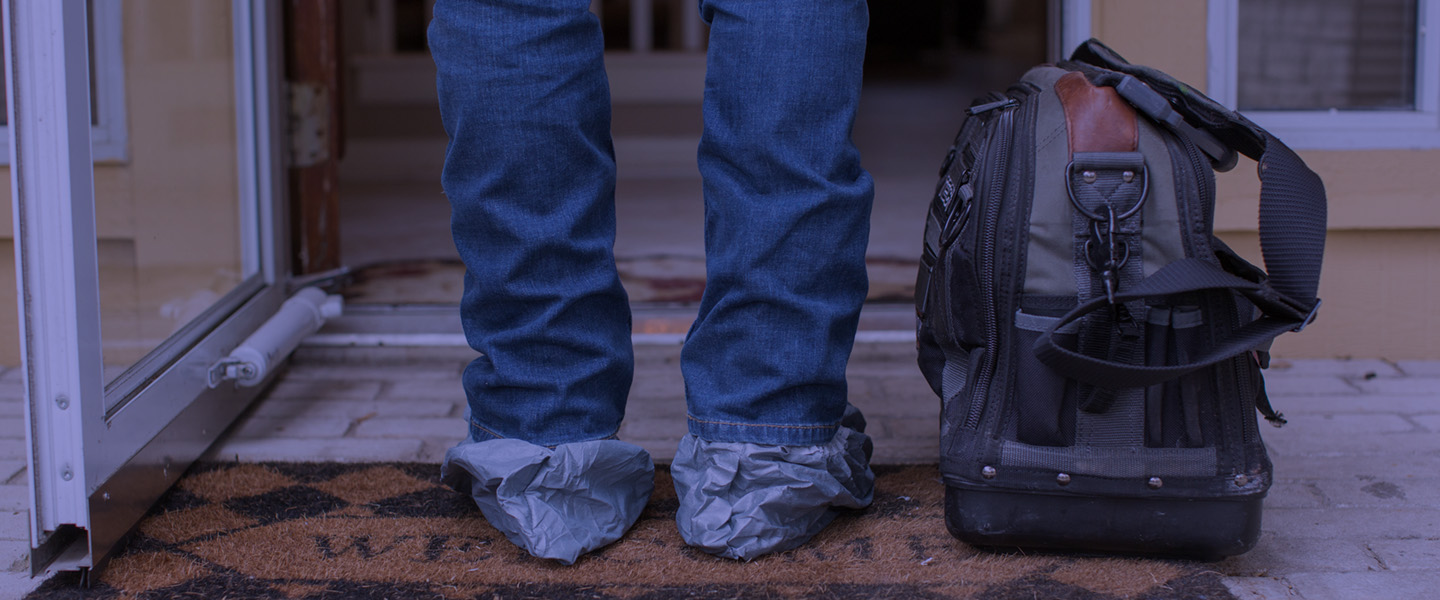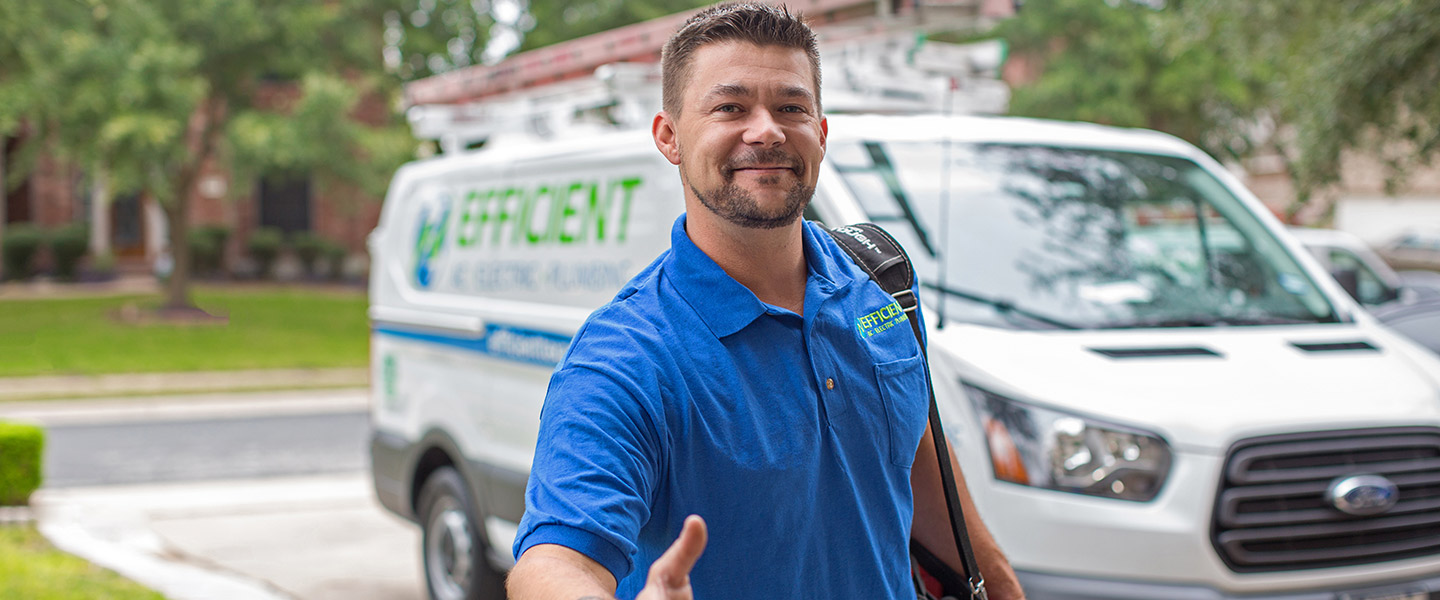0% for 36 Months or 10% off a New AC. Learn More >
How to Detect a Gas Leak & Get a Gas Line Repair
- Signs of a gas leak: The only sign of a gas leak is the odor. The gas is invisible and odorless until the odor is injected prior to distribution; otherwise, there would be no way to detect a gas leak.
- What does a gas leak smell like? Describing an odor that doesn’t smell like anything else is difficult, but combine sulphur and rotten egg, and you may be close. Smells bad!
- Common causes of gas leaks: There are many causes of gas leaks, and the age of the system is a major one. On older (50+ years) systems, the pipe dope eventually dries out, and any jostling or movement of the piping system can cause leaks (usually very small and undetectable). Physical damage to concealed piping is another prominent cause of leaks. Be careful when opening walls and doing any excavating. Call 811 for locating services before any excavation project.
-
- What is pipe dope? Pipe dope is a compound we use to coat the threaded end of the pipe that reduces friction and allows for proper tightening of threaded joints. Teflon tape is commonly used in lieu of pipe dope.
-
- What should I do if I suspect a gas leak? If you suspect a gas leak, leave the area. Go outside. If the expected leak is outside, leave the area. Then contact the gas provider. You can also contact a plumber, as they are licensed to deal with this issue.
- Who to call for a gas leak? The gas provider will not repair the gas system in your house. A licensed plumber is responsible for the gas system downstream of the gas meter. The gas provider will turn off the gas until it is repaired by a professional plumber. The gas provider will repair leaks on the service to the meter and the gas system in the utility easements/streets/alleys etc.
- How does plumber address a gas leak? There are a number of ways to address a gas leak, and it and the approach is determined on a case-by-case basis by many variables. Leak can be located with sensor equipment, air testing, odor detection or a combination of all of these. Every situation is a little different, and a professional will be able to determine the best process for any situation.
- How deep are gas lines buried? Normally, gas lines are buried 12-18” deep on private property. Larger diameter gas mains in utility easements are usually much deeper.
- For what applications can Efficient install gas lines? We can install gas lines for any project, including: the heating portion of your HVAC system, water heater, stove/barbecue, fireplace/fire pit, pool heater, dryer, electric generator, addition, new commercial construction and more.

